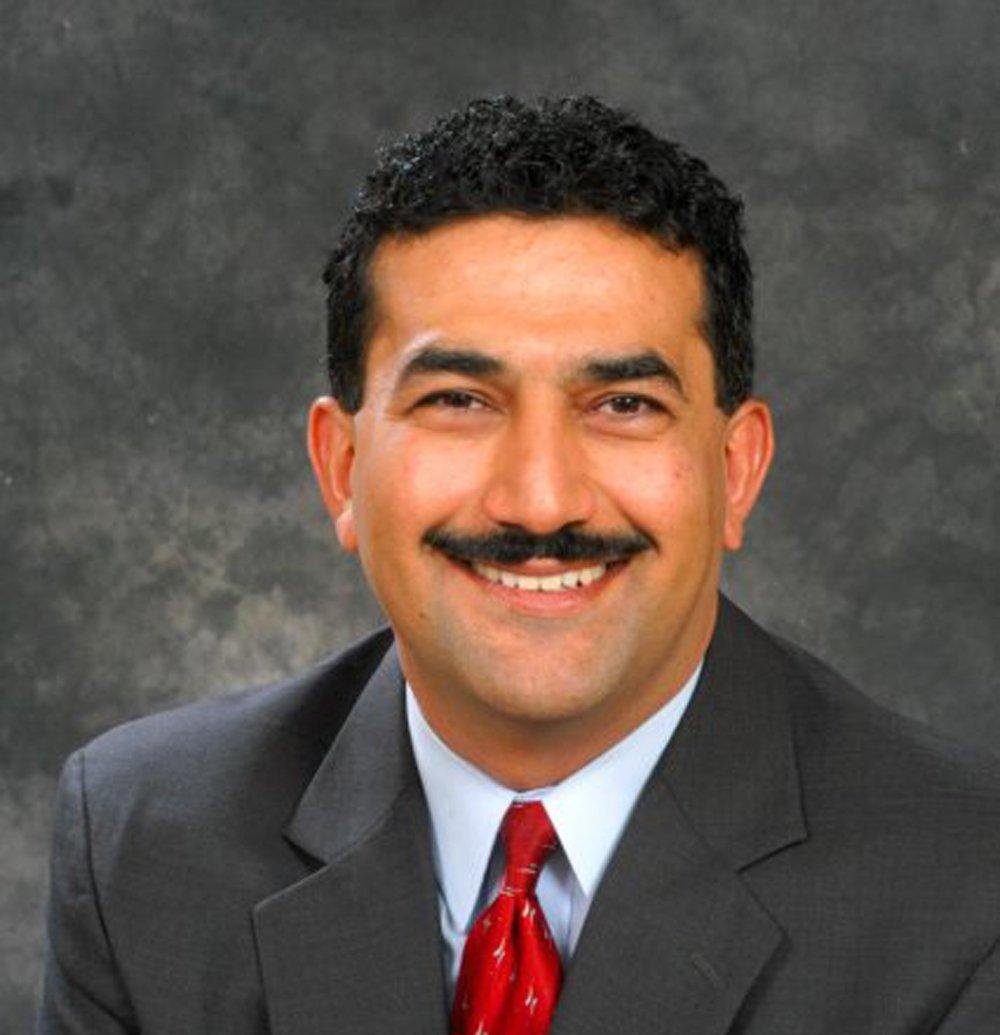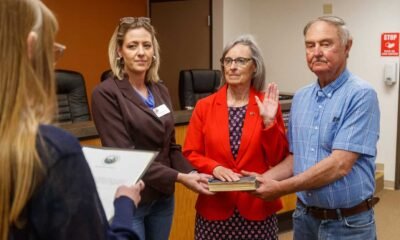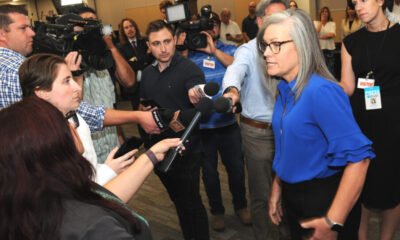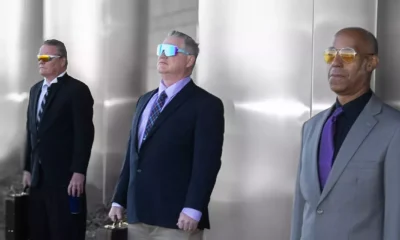arizona
Pima County RTA Board Dismisses Longtime Executive Director Moghimi

The Regional Transportation Authority (RTA) Board of Directors voted to terminate Executive Director Farhad Moghimi during a meeting on Thursday. The decision came after leaders from Tucson, South Tucson, Pima County, and Native American tribes outvoted representatives from suburban towns.
Moghimi, who has led the RTA since 2013, faced increasing scrutiny for his management of regional road planning and construction. The board voted 5-4 to dismiss him, with support from Tucson Mayor Regina Romero, Pima County Supervisor Matt Heinz, South Tucson Mayor Roxanna Valenzuela, Tohono O’odham Nation Chairman Verlon Jose, and Pasqua Yaqui Tribe Chairman Julian Hernandez. Opponents included RTA Board Chair and Oro Valley Mayor Joe Winfield, Marana Mayor Jon Post, Sahuarita Mayor Tom Murphy, and Arizona State Transportation Board member Ted Maxwell.
The board’s decision reinforces criticism aimed at Moghimi. Heinz, who joined the board in April, initiated the motion for his dismissal. “It was time to hit the reset button,” he stated after the vote, emphasizing the need to refocus on regional transportation infrastructure.
Concerns about potential legal implications were raised by Winfield and Murphy, who highlighted the lack of legal representation for the board. Murphy remarked on the risks associated with such a significant leadership change, noting, “Not having legal representation when we’re taking on such a heavy issue opens us up, potentially, for liability.”
Romero, increasingly critical of Moghimi, expressed that it was imperative for the RTA to move forward. “I have lost all confidence that Mr. Moghimi will help us move along the work that the public deserves,” she said.
Moghimi’s departure also impacts the Pima Association of Governments, the intergovernmental body working alongside the RTA. After his dismissal, RTA Deputy Director Dave Atler will serve as interim executive director while board leaders search for a permanent replacement.
The RTA faces significant challenges ahead, especially with the original plan’s expiration approaching in 2026. Board members aim to extend the half-cent sales tax for transportation projects through a proposed $2.6 billion plan dubbed RTA Next. There is mounting tension between urban and suburban leaders regarding project funding and representation on the board.
Heinz outlined the possibility of pursuing a different approach to future voter proposals. “It might be better to allow the RTA tax to expire and revisit it in a few years with a refined plan,” he suggested.
As the RTA navigates these changes, the organization must align its strategies with evolving public needs and priorities. With critical funding at stake, Board members and local leaders emphasize the importance of unity in planning for the region’s transportation future.


![Maricopa Planning and Zoning Commission Chair James Singleton sits at the dais with Commissioners Ted Yocum and Robert Klob during a meeting June 9, 2025. [Monica D. Spencer]](https://arizonanews.org/wp-content/uploads/2025/06/Zoning-Board-Divides-Opinion-and-Delays-Decisions-on-Eastside-Housing-400x240.jpg)
![Maricopa Planning and Zoning Commission Chair James Singleton sits at the dais with Commissioners Ted Yocum and Robert Klob during a meeting June 9, 2025. [Monica D. Spencer]](https://arizonanews.org/wp-content/uploads/2025/06/Zoning-Board-Divides-Opinion-and-Delays-Decisions-on-Eastside-Housing-80x80.jpg)














